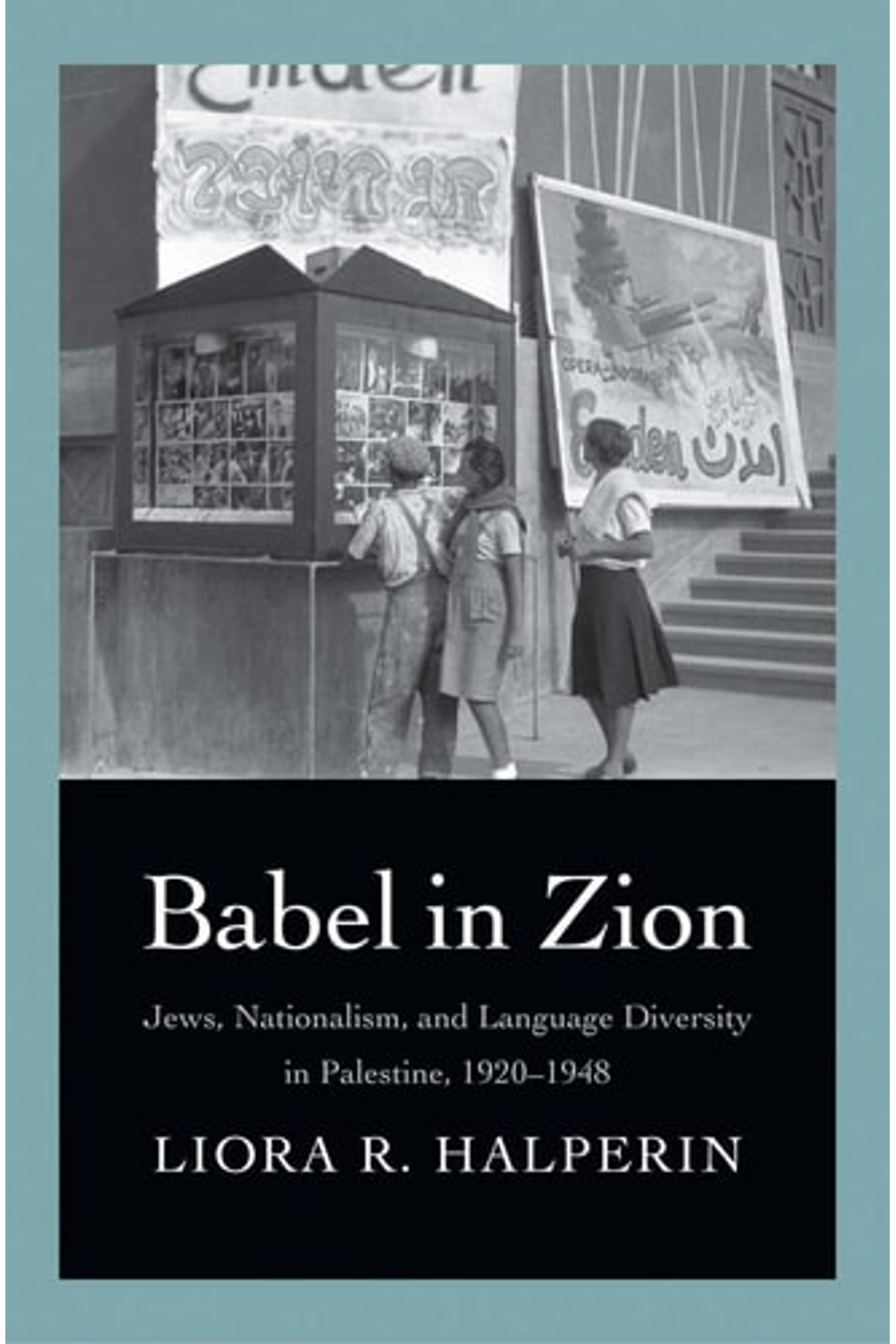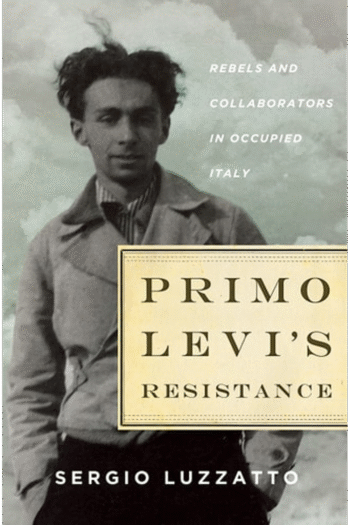Babel in Zion: Jews, Nationalism, and Language Diversity in Palestine, 1920-1948, by Liora R. Halperin, offers a fresh perspective on the complex linguistic landscape of pre-state Israel. Going beyond the standard narrative of Hebrew’s ascendance, this illustrated hardcover reveals a vibrant multilingual reality. Halperin meticulously examines how Yiddish, Arabic, English, and other languages intertwined with Hebrew in Jewish society, influencing identity and shaping power dynamics. Discover how language policy impacted relationships between Jews, Palestinian Arabs, and the British Mandate. This book uncovers the nuances of cultural negotiations, challenging the notion of a purely monolingual Zionist project. A must-read for those interested in Jewish history, language politics, and the formation of Israeli identity.
Babel in Zion: Jews, Nationalism, and Language Diversity in Palestine, 1920-1948
16.67 $
In stock
The promotion and vernacularization of Hebrew, traditionally a language of Jewish liturgy and study, was a central accomplishment of the Zionist movement in Palestine. Viewing twentieth-century history through the lens of language, author Liora Halperin questions the accepted scholarly narrative of a Zionist move away from multilingualism during the years following World War I, demonstrating how Jews in Palestine remained connected linguistically by both preference and necessity to a world outside the boundaries of the pro-Hebrew community even as it promoted Hebrew and achieved that languages dominance.
The story of language encounters in Jewish Palestine is a fascinating tale of shifting power relationships, both locally and globally. Halperins absorbing study explores how a young national community was compelled to modify the dictates of Hebrew exclusivity as it negotiated its relationships with its Jewish population, Palestinian Arabs, the British, and others outside the margins of the national project and ultimately came to terms with the limitations of its hegemony in an interconnected world.
| Authors | |
|---|---|
| Binding | |
| Condition | |
| ISBN-10 | 0300197489 |
| ISBN-13 | 9780300197488 |
| Language | |
| Pages | 328 |
| Publisher | |
| Year published | |
| Weight | 635 |
| Edition | Illustrated |
Related products
Under A Cruel Star
16.44 $Comedy in a Minor Key: A Novel
14.25 $
- Additional information
- Currencies
- USD – United States dollar
- EUR – Euro
- GBP – Pound sterling
- CNY – Chinese yuan
- BRL – Brazilian real
- MXN – Mexican peso
- JPY – Japanese yen
- PHP – Philippine peso
- THB – Thai baht
- PLN – Polish złoty
- CAD – Canadian dollar
- MYR – Malaysian ringgit
- AUD – Australian dollar
- TWD – New Taiwan dollar
- CZK – Czech koruna
- SEK – Swedish krona
- HUF – Hungarian forint
- ILS – Israeli new shekel
- CHF – Swiss franc
- HKD – Hong Kong dollar
- DKK – Danish krone
- SGD – Singapore dollar
- NOK – Norwegian krone
- NZD – New Zealand dollar





